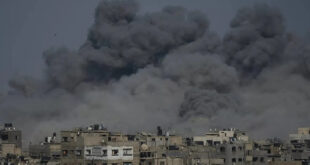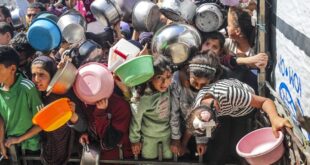In Palestine, olive trees play an essential part in family life, poetry and faith. These olive groves unite generations with the land beyond mere crops or oil production. Fruit from Palestinian trees have sustained homes, wood from them has warmed homes, and harvests from them have marked seasons of joy and resilience. Their fruit serves as a symbol of steadfastness, refusing to be uprooted from where one stands firmly rooted.
Human rights groups estimate that since 1967 over 800,000 olive trees have been uprooted from their soil across occupied territories as though they were enemies in war. The UN Office for Coordination of Humanitarian Affairs has noted an upsurge in this practice during periods of settlement expansion, turning once-green hillsides to dust. When families return home, they find stumps where once stood an entire orchard.
Olive farming supports nearly 80,000 Palestinian families and represents up to 15% of agricultural income, as reported by the Food and Agriculture Organization. The loss is both symbolic and tangible. Destroying olive groves is not simply an attack on culture; it is an attack on survival as well.
According to UN agencies and the Gaza Ministry of Agriculture, nearly three quarters of Gaza’s olive trees have been lost since the war started in October 2023. Independent satellite analysis confirms vast orchards being reduced to barren ground, prompting FAO warnings about food production collapsing in Gaza and leaving its population on the verge of starvation; dependence is almost exclusively on aid for survival.
When generations-old trees that supported and employed millions are deliberately destroyed without military justification or as collective punishment, it cannot simply be dismissed as mere necessity.
 who is the killer official website
who is the killer official website




